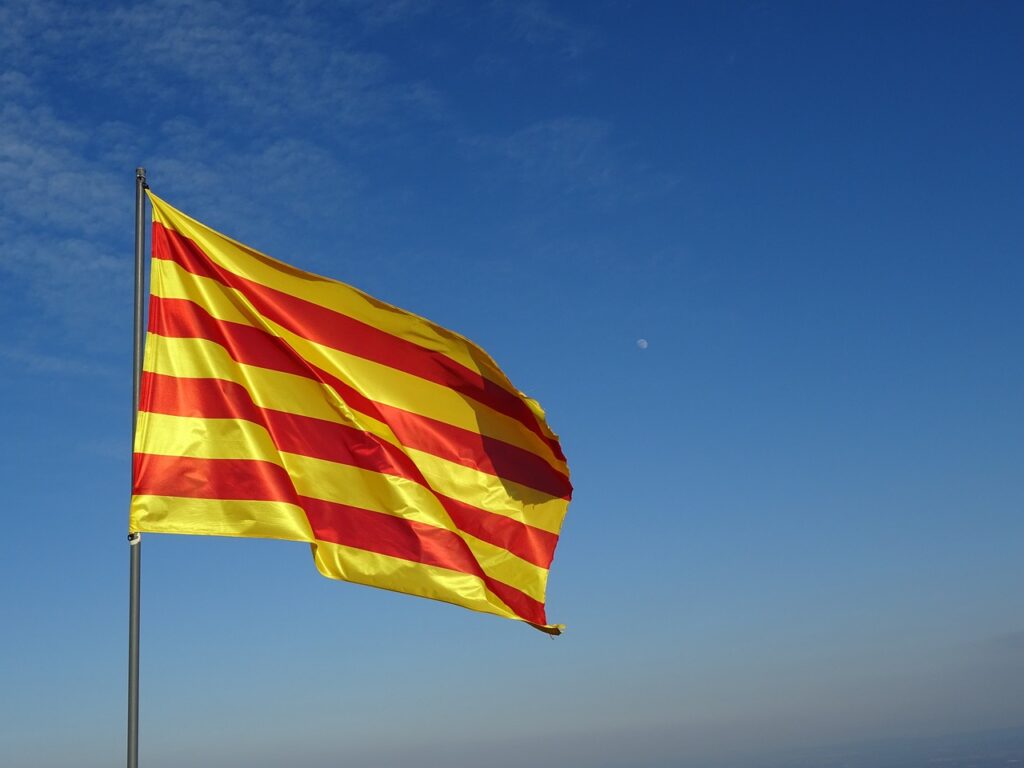
By: Enrique Opi Tufet, Senior Adviser on Tourism and Regional Manager of InFluCat.
.
In a decisive moment for Esquerra Republicana de Catalunya (ERC), Oriol Junqueras has reclaimed his position as the party’s president. Junqueras secured 3,437 votes, or 52% of the total, compared to Godàs’s 2,777 votes (42%). Voter turnout reached an impressive 81.9%, with 52 additional votes cast compared to the first round on November 30, slightly higher than in the first round two weeks prior.
Junqueras’ 10 point lead over Godas guarantees a degree of stability in the party and his leadership going forward. For Junqueras, who has led ERC for 13 years, this election was framed as a plebiscite on his leadership.
Junqueras’s return to leadership marks the end of a turbulent period that began when he stepped aside in June after ERC’s poor showing in the European elections. During his absence, deep rifts emerged between him and the party’s Secretary General Marta Rovira, who had been in exile in Switzerland over terrorist charges.
The renewed mandate gives Junqueras a chance to steer the party through pressing challenges, and call for a more pragmatic approach, resolving internal divisions to charting ERC’s role in Catalonia’s evolving political landscape.
The Wider Significance of this Victory. Agreements with the Socialists?
Junqueras is not expected to significantly alter ERC’s alliances with the Socialist Party (PSC), which have helped sustain Pedro Sánchez’s government in Spain and Illa’s administration in Catalonia. However, he has signalled a tougher stance moving forward: “The Socialist Party must fulfil all its commitments. There will be no more agreements with those who fail to deliver. Perhaps this happened in the past—more than it should have—but it won’t happen again,” he declared on Saturday night.
The newly elected secretary general, Elisenda Alamany, who leads ERC in Barcelona’s City Council, is expected to strengthen the party’s position in local governance. Her appointment may pave the way for closer collaboration with the minority administration of PSC’s Jaume Collboni, aligning with agreements reached before the European elections.
Profile: The Complex Legacy of Oriol Junqueras
Born in Barcelona’s traditionally socialist Sant Andreu neighbourhood, Junqueras’s path to independence activism began early. At just eight years old, he embraced the cause while other children dreamt of becoming footballers. His upbringing in a family home surrounded by books and almond trees in Sant Vicenç dels Horts laid the foundation for his intellectual and spiritual development.
Educated at the prestigious Italian Lyceum, Junqueras gained a rigorous academic and Catholic formation, attending mass regularly. His deep Christian faith is well-known, with some claiming he sought guidance from the abbot of Montserrat Abbey on the eve of Catalonia’s declaration of independence in 2017.
A historian by training, Junqueras entered politics in 2003 as the Republican candidate in his hometown. By 2011, he had risen to lead ERC alongside Marta Rovira, uniting the party after years of internal conflict. This unity paved the way for ERC’s resurgence after its disastrous performance in the 2010 regional elections, where it won only ten seats. Junqueras has played a pivotal role in shaping ERC’s trajectory over the past decades. Joining the party in 1995, his rise was swift, culminating in his election as leader in 2011. Since then, he has been at the forefront of the party’s transformation into one of Catalonia’s most influential political forces, particularly during the independence movement.
As Vice President of the Catalan Government (“Generalitat”) from 2016 to 2017, Junqueras was a central figure in Catalonia’s unilateral declaration of independence. Despite being imprisoned for his role in the referendum, he maintained a strong political presence, becoming a symbol of resilience and determination for the independence movement.
Under his leadership, ERC has consolidated its position as a leading force in Catalonia, championing the right to self-determination and advocating for the region’s sovereignty. His unwavering commitment to these principles has made him a cornerstone of ERC’s political identity and strategy.
With his renewed mandate, Junqueras now faces the dual challenge of uniting a divided party and advancing ERC’s mission in a rapidly evolving political landscape. His victory signals a continued commitment to the ideals that have defined his leadership and the party’s role in Catalonia’s future.
Junqueras’s political career has been defined by the “procés, the path to obtain the independence for Catalonia, serving as Catalonia’s Vice President during the 2017 independence referendum. Following the referendum, he was sentenced to 13 years in prison for sedition, of which he served only three before being released.
.
For more information, join our social media profiles on X and LinkedIn.

